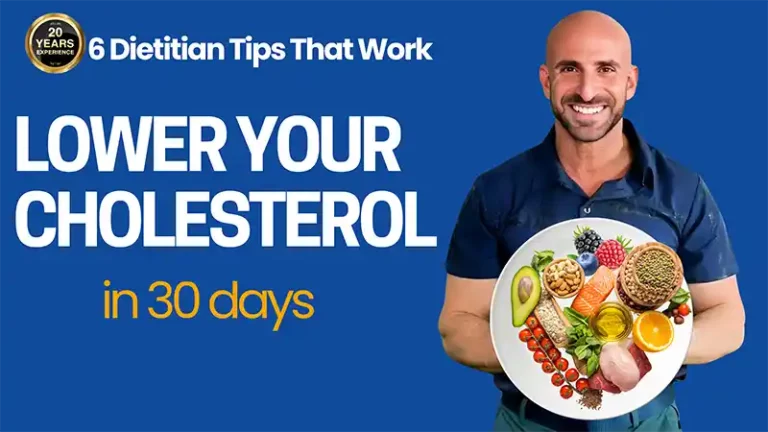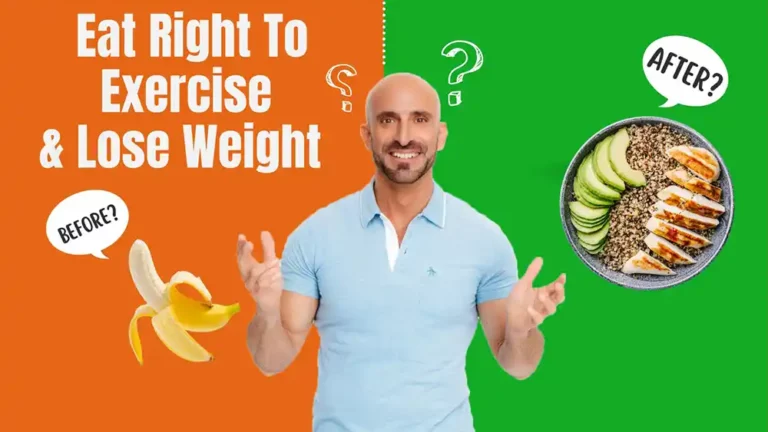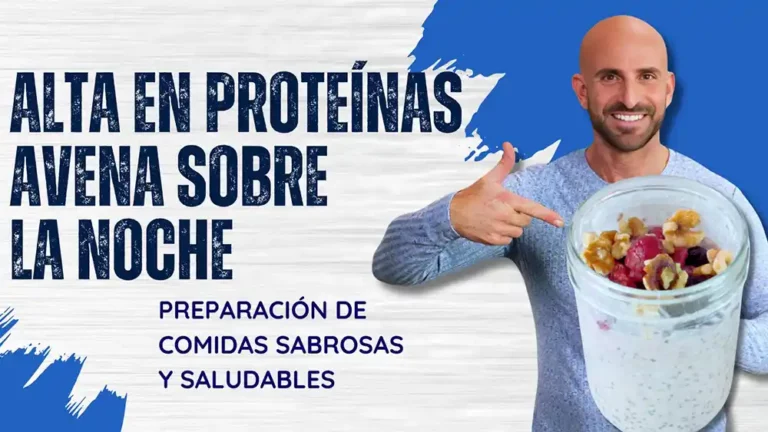Nutrition myths are everywhere from mildly harmless to downright dangerous. Thanks to misread research and some misinformed, but powerful social media platform owners, there are more and more fads everyday. Watch as two registered dietitian nutritionists bust the five most common nutrition myths that people believe:
Eating After 7pm Makes You Fat
This is a popular claim, variations of which include ‘no eating carbs after 7pm’ and even ‘no eating at all after 2pm.’ However, there is simply no science that links weight gain to time of day that you eat. This notion most likely came from the fact that, in American culture, people tend to eat their biggest meal (and the majority of their day’s calories) at night for dinner which can result in weight gain. We recommend consuming 70% of your calories before dinner and 30% after dinner, but it certainly doesn’t matter what time you eat this 30%. Also remember to eat at least 90 minutes before sleeping simply to improve digestion.
Fruit Builds Fat
For some reason, people are afraid of fructose nowadays. However, despite what you may have heard, our bodies can handle fructose just fine. Yes, too many refined and added sugars can have an inflammatory effect on the body and yes, fruits contain sugar. However, fruits contain naturally occurring sugars that are not harmful. In fact, they come along with nutrients, fiber and antioxidants and we encourage you actually eat more of them. Remember, no food can make you fat unless you overeat it. How many people do you know have gained weight because they ate too many apples?
Coconut Oil Can Melt Your Fat Away
First off, it’s important to know that fat can’t ‘melt.’ They simply shrink in size. Now that that’s out of the way, the fact is that the research behind coconut oil is flawed. The claim is that coconut oil medium chain triglycerides (MCTs) have a fat burning effect on the body. While there is some research that suggests that MCTs could help with fat loss, the amount of MCTs in coconut oil is too small in reasonable portions to have the same effect. One tablespoon of coconut oil has 120 calories and, at the end of the day, calories matter.
Organic Calories Don’t Count
Organic foods are often touted as the healthier option, which might not always be the case. If you prefer to eat organic foods, that is your choice, but remember that the calories still count. Organic has more to do with how the food was raised or grown, but the calorie content is never much different and there is a such thing as overeating too many healthy foods. Food is still food in the end.
Keto Vegetables
The ketogenic diet has been raging in the health world for quite a while. While its effectiveness at weight loss is still speculative, there is one certain rule that applies that provokes some head scratching: keto vegetables. Broccoli, cabbage, asparagus and kale are some of the plants you’ll see on these lists. Granted, these are excellent vegetables to make a habit of eating as they are relatively low calorie, but with tons of nutrients and fiber to keep you full. However, keto vegetables tend to be mostly green in color. For example, carrots and beans are not keto because of the carb content. Demonizing vegetables like this is not only wrong, it could be downright dangerous. By cutting out a variety of vegetables and colors from your diet, you are missing out on a variety of nutrients (and therefore health benefits) that you require. Different colors means different phytonutrients and our bodies need all of these to stay healthy. Remember this: there is no such thing as a bad vegetable (yes, even potatoes). Each your veggies, people!





